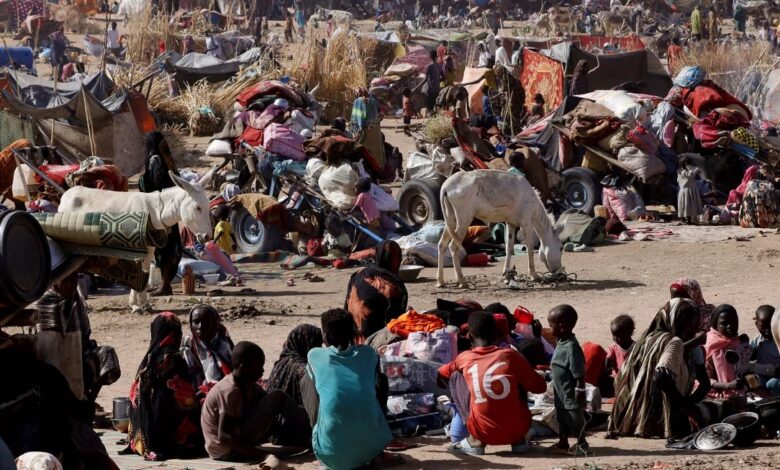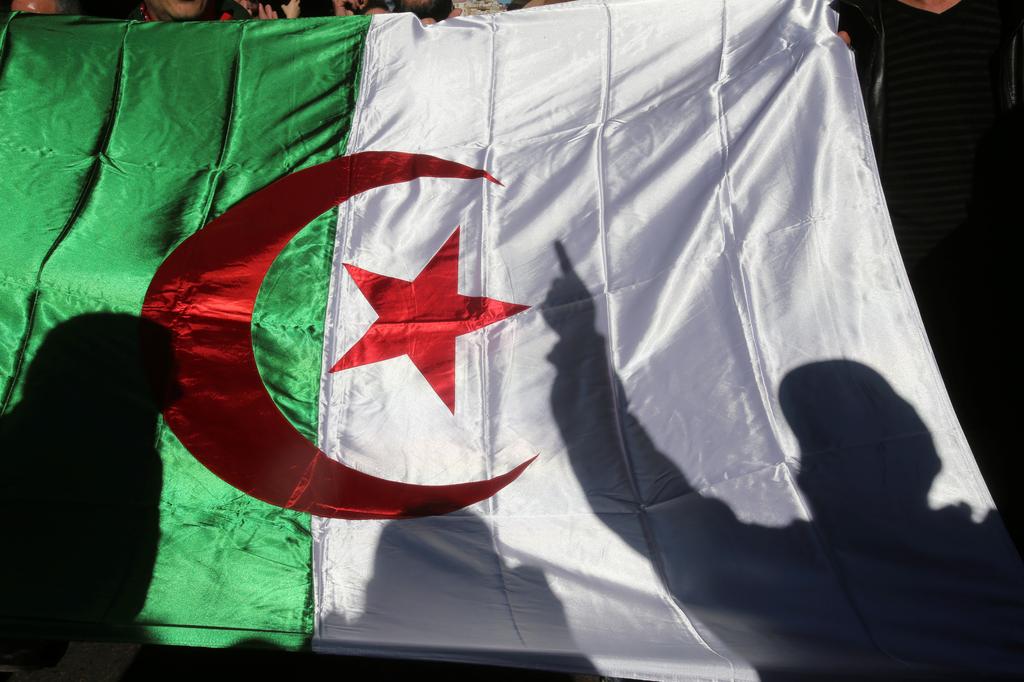
A round of the Strategic Dialogue between Egypt and the United States on African Affairs was held. It was chaired on the Egyptian side by Badr Abdelatty, Minister of Foreign Affairs, Emigration, and Egyptian Expatriates and on the US side by Masad Boulos, Senior Advisor to the US President for Arab and African Affairs, with the attendance of Michael Rigas, US Deputy Secretary of State for Management and Resources.
The consultations addressed several key issues, foremost among them developments in Sudan, Libya, the Great Lakes Region, the African Sahel, and the Horn of Africa, as well as the Egyptian water security file.
Ambassador Tamim Khalaf, the Spokesperson for the Ministry of Foreign Affairs, stated that both sides praised the distinguished strategic partnership between Egypt and the United States, the depth of bilateral relations in various fields, and the partnership’s role as a cornerstone for security and stability in the Middle East and Africa.
Both parties expressed their aspiration to continue strengthening cooperation across political, economic, and security domains and to coordinate on regional issues of mutual concern. They emphasized the importance of the Strategic Dialogue as an institutional mechanism for exchanging views, enhancing coordination, and developing bilateral cooperation in all fields.
Minister Abdelatty commended U.S. President Donald Trump’s leadership, describing it as a key factor in halting the war in Gaza. He added that Egypt relies on President Trump’s commitment to realizing his vision of ending wars and conflicts worldwide, including in Africa.
He expressed Egypt’s eagerness to work with the US administration to resolve conflicts across the continent and to explore opportunities for cooperation in developmental, economic, and investment fields, particularly in light of Egypt’s pioneering role in promoting stability, security, and development in Africa, and its effective operational arms such as the Egyptian Agency of Partnership for Development and the Cairo International Center for Conflict Resolution, Peacekeeping, and Peacebuilding. He also highlighted prospects for establishing a tripartite Egyptian–U.S. partnership in Africa.
According to the Spokesperson, the talks covered several regional issues, including the situation in Sudan. Minister Abdelatty reaffirmed Egypt’s firm position in support of Sudan’s unity, stability, and national institutions, highlighting Egypt’s efforts within the Quad mechanism on Sudan to promote de-escalation and achieve a comprehensive ceasefire.
He stressed the importance of concerted efforts to reach a humanitarian truce and a complete ceasefire throughout Sudan, paving the way for a comprehensive political process in the country. The Minister also underlined the need to increase humanitarian aid, ensure its delivery nationwide, and coordinate with relief organizations and the Sudanese government, emphasizing the creation of humanitarian corridors as a top priority given the deteriorating humanitarian situation. He reaffirmed Egypt’s ongoing humanitarian and relief support for the Sudanese people.
The Foreign Minister condemned the flagrant violations that occurred recently in El Fasher, expressing deep concern over the tragic humanitarian situation and stressing the necessity of ending these grave violations.
Regarding Libya, Minister Abdelatty reiterated Egypt’s steadfast position on the need to preserve Libya’s unity and stability, rejecting any foreign interference or military presence on Libyan soil. He underscored the importance of achieving a comprehensive Libyan-owned solution that meets the aspirations of the Libyan people and safeguards their sovereignty.
He emphasized the need to advance the political process in Libya leading to simultaneous presidential and parliamentary elections at the earliest opportunity and the withdrawal of all foreign forces and mercenaries to achieve stability.
The dialogue also addressed developments in the Great Lakes Region, where Minister Abdelatty outlined Egypt’s vision in support of peace and stability efforts in the Democratic Republic of the Congo, stressing the need to address the root causes of conflicts and to promote economic and social development to sustain peace in the region.
In this context, he expressed Egypt’s commitment to supporting US efforts to end the war in eastern Congo, and its readiness to provide expertise to help implement the Washington Peace Agreement between the DRC and Rwanda (June 2025) and the Doha Declaration.
He reaffirmed Egypt’s readiness to engage effectively in confidence-building arrangements under the African Union, given President Abdel Fattah El-Sisi’s leadership of post-conflict reconstruction and development efforts in Africa.
Regarding the African Sahel, Minister Abdelatty stressed the need for a comprehensive approach to counter the spread of terrorism across Africa, to preserve the unity and resources of African states. He called for effective international cooperation and coordination to confront this growing threat, highlighting the importance of working in parallel tracks — not only security and military, but also developmental, intellectual, and social — to tackle the root causes of extremism and terrorism.
He further emphasized the importance of ongoing consultation with donor countries to encourage them to maintain development and humanitarian programs in the Sahel.
He referred to the results of his recent tour in the Sahel and West Africa (end of July) and the outcomes of the closed roundtable hosted by Egypt on the sidelines of the 5th Aswan Forum for Sustainable Peace and Development (October 19–20), which focused on supporting peacebuilding and development efforts in the region.
The dialogue also discussed developments in the Horn of Africa, where Minister Abdelatty reiterated Egypt’s rejection of destabilizing policies, affirming Egypt’s support for security, stability, and development efforts in the region, the respect for sovereignty and territorial integrity, and the peaceful resolution of disputes through dialogue.
He also highlighted the importance of the African Union Transition Mission in Somalia (ATMIS) in fulfilling its role in combating terrorism and supporting stability, stressing the need to preserve and build upon the security achievements made so far.
On water security, Minister Abdelatty affirmed that the Nile River is the lifeline of the Egyptian people, and that Egypt has always been committed to cooperation with Nile Basin countries for mutual benefit. He stressed the importance of cooperation under international law, particularly the principles of no harm, prior notification, and consultation and consensus, to safeguard the interests of all basin states. He reaffirmed Egypt’s categorical rejection of unilateral actions that contravene international law in the Eastern Nile Basin.
He noted that Egypt is closely monitoring developments and will take all measures provided for under the UN Charter and international law to protect its water security.
Masad Boulos expressed deep appreciation for the close relations between Egypt and the United States, praising Egypt’s pivotal role in promoting security and stability in Africa and the Middle East, and its ongoing efforts to resolve conflicts and foster regional development.
He reaffirmed the US side’s commitment to continuing coordination with Egypt to advance shared interests and strengthen the long-standing strategic partnership between the two countries. (MENA)




